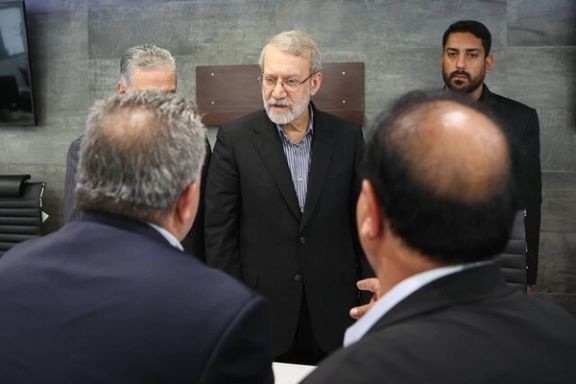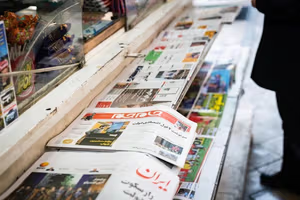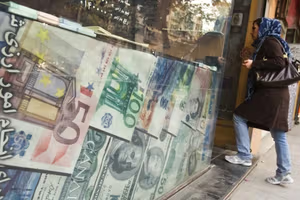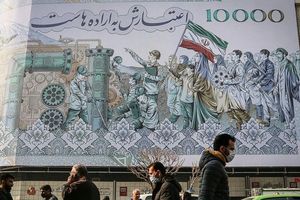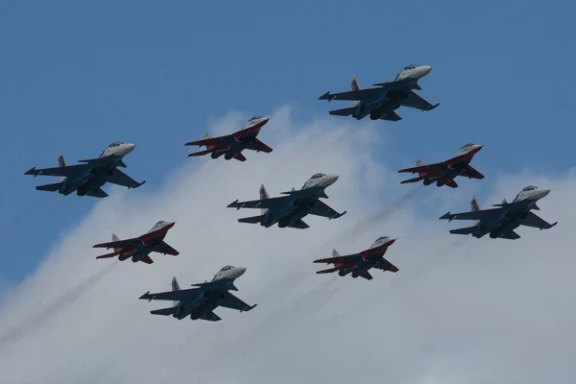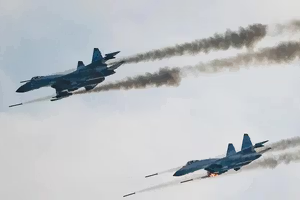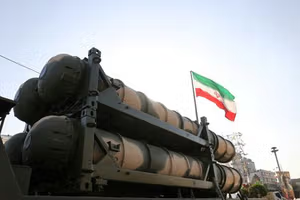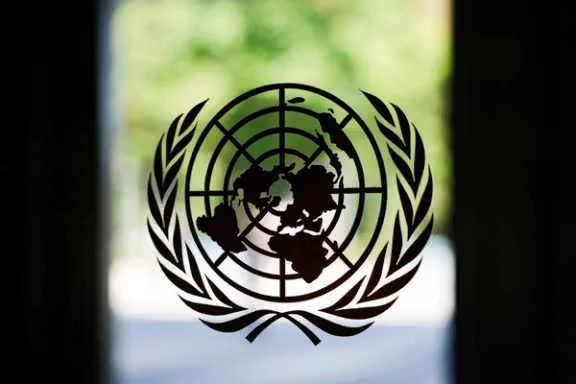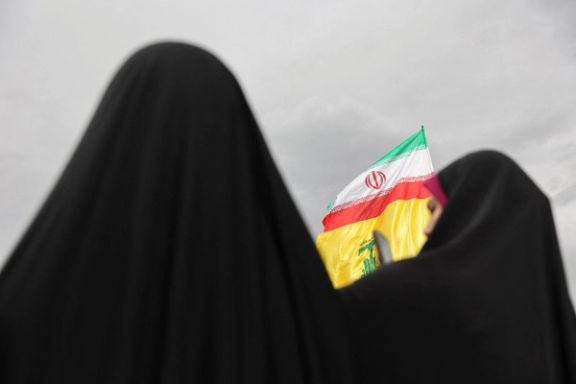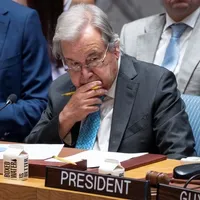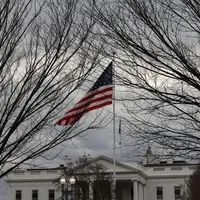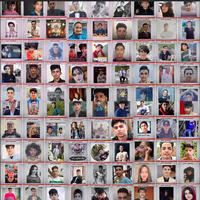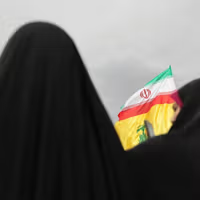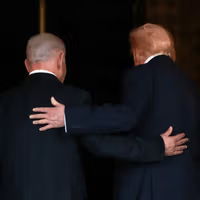Larijani, who leads Iran's Supreme National Security Council, accused France of reneging on a pledge to hold back on the sanctions push if Iran made a deal with the International Atomic Energy Agency (IAEA).
“France, via the IAEA chief, promised to withdraw snapback demands if Iran agreed with the agency. Iran’s foreign minister signed this in Egypt, under security concerns and parliamentary mandates following bombed nuclear sites. France did not honor this,” official media quoted him as saying.
France, Britain and Germany triggered UN sanctions on August 28 through the so-called snapback mechanism of a 2015 international nuclear deal with Tehran.
On September 9, Iran and the IAEA signed a technical agreement in Cairo, mediated by Egypt, to pave the way for resuming nuclear inspections halted in June.
Ten days later, the UN Security Council rejected a resolution to keep sanctions lifted in a 4–9 vote, paving the way for sanctions to resume on September 28.
“European and Russian proposals, accepted by Iran with conditions, set a six-month negotiation period, but the West pursued snapback at the UN Security Council instead,” Larijani said.
Iran has warned that new attacks or sanctions would void the agreement, though it still sees the deal as a step toward de-escalation.
US missile demands ‘unacceptable’
Larijani also appeared to reveal details of a US proposal, saying Washington had demanded Iran reduce its missile range to under 500 km (310 miles) - “a condition no honorable person could accept,” he said.
For years, Iran has voluntarily limited its missile range, suggesting that 2,000 kilometers is sufficient to reach its main regional target, Israel.
However, a senior advisor to Iran's Supreme Leader suggested last year that the country might abandon its self-imposed missile range limit and could even pursue intercontinental capabilities if it faced an "existential threat".
Larijani made the remarks at the Tehran Chamber of Commerce, signaling preparations for the return of UN sanctions on September 28.
Iran’s Ministry of Intelligence had already issued secret guidance in August instructing ministries and major companies to prepare for the resumption of punitive UN measures.
